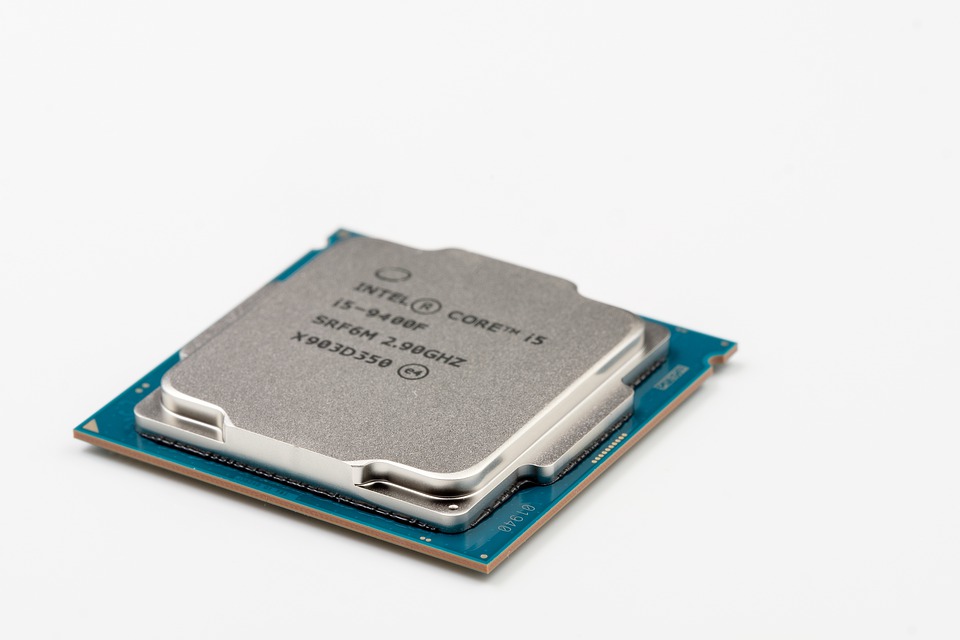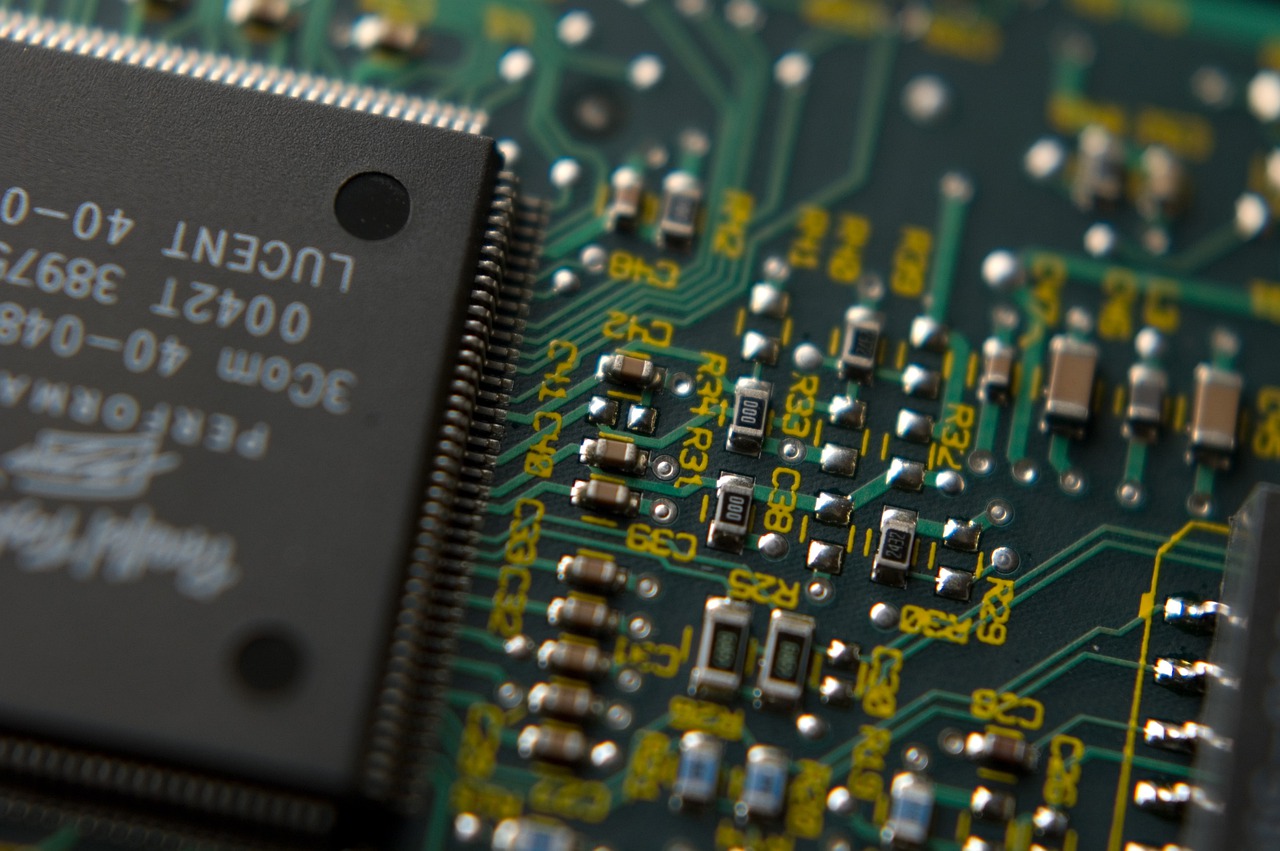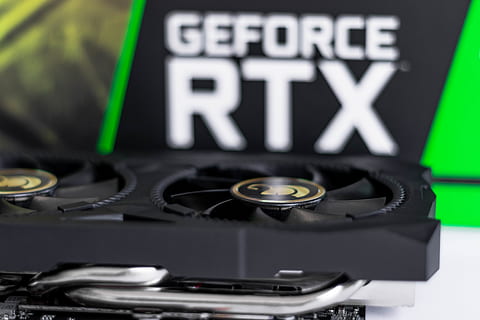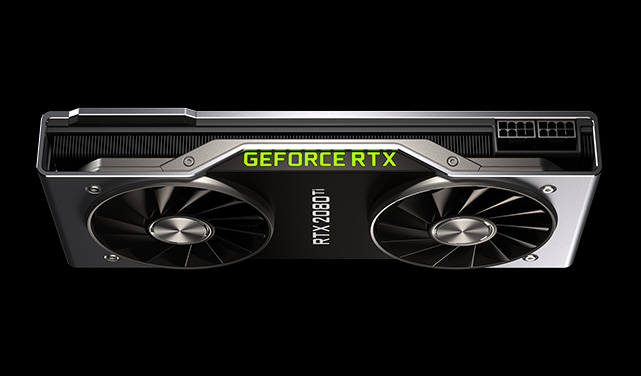There are many factors worth considering when it comes to building a gaming PC. Looks are important. As is power draw and efficiency. Same with storage requirements, and noise levels. But at the core of every gamer lies a heart that demands perfection and bleeding-edge power. Everyone wants more performance and though the crown for the most powerful component is always being usurped by new and shiny contenders, there are still a couple of chips and cards that are worth highlighting as the best of the best at any one time.
If you’re looking to find out what is the most powerful CPU and GPU for PC gaming, then you’ve come to the right place.

The most powerful CPU for gaming
2019 has been an exciting year for CPUs as we not only saw a new high-end release from Intel, but also a whole new range of powerful processors from AMD. The Ryzen 3000-series has arguably been the most impressive new chip launch since the first-generation Ryzen line, delivering big improvements in instructions per clock, clock speeds, memory efficiency, automated overclocking, and core counts.
That, in turn, encouraged Intel to push the boundaries of its older architecture, driving clock speeds ever upwards and leading to the best arms race we’ve seen in the CPU space in well over a decade.
But now that the dust has settled and both blue and red teams have released their best chips of the year, which is the best processor for gaming?
No work and all play?
If we’re talking pure gaming, that is, you do nothing that could be construed as work, and you don’t use any video editing software or transcode movies, then Intel’s Core i9-9900KS is the king of the hill. A selectively binned and factory-overclocked version of Intel’s last gaming powerhouse, the Core i9-9900K, the 9900KS has eight cores and supports up to 16 threads thanks to hyperthreading. But its real keystone feature is its clock speed. Where the original 9900K could boost to 5GHz on a single core, the 9900KS can do it on all cores right out of the box.
There isn’t a single chip out there that can compete with the sort of frequency without sub-zero cooling, making the 9900KS the king of gaming CPUs. It still gets a little toasty, so you’ll want a decent cooler for it, but if you want the best, this is the chip for you.
But there is a big caveat. The 9900KS might be the best CPU for gaming, but it is rather expensive for what you get. A standard 9900K is almost guaranteed to be able to hit 5GHz on all cores with a little overclocking and it can be as much as £50 less. Chillblast offers that as an optional extra for our full system builds, so if you’re thinking of buying a gaming PC with us, consider getting the 9900K and opting for some manual overclocking to make up the difference.

Okay… just a little bit of work
It’s also worth pointing out that the best AMD CPUs, like the 3900X, and 3950X, aren’t far behind the 9900KS in gaming, only giving up a few frames here and there. They also have much stronger multi-threading performance thanks to their higher core counts (12 and 16 apiece). That means that if you work and game on the same machine, it’s worth considering the AMD option too, as you’ll get your work done much quicker with one of those chips than you would with the 9900KS. Even if it is a gaming beast.
The most powerful GPU for gaming
There is much more of a consensus on the most powerful graphics card for gaming. As much as AMD’s Navi based cards like the RX 5700 XT and 5700 are great mid-range solutions, they don’t even approach the performance of the best gaming graphics card in the world. That honour rests with the Nvidia RTX 2080 Ti.
With 4,352 CUDA cores, 11GB of high-speed, GDDR6 memory and a clock speed that boosts close to 1,550MHz, it is an absolute monster of a graphics card. It has almost 50 percent more CUDA cores and memory than even an RTX 2080 Super, and its clock speed isn’t far behind either. It also has 68 RT cores for hardware-accelerated ray tracing and 544 Tensor cores for enhancing Nvidia’s deep-learning supersampling.
And that’s just the Founders Edition from Nvidia. Aftermarket options have gone far further. The Asus RTX 2080 Ti ROG Strix edition comes factory overclocked to 1,655MHz when in overclocked mode, and it has enhanced cooling too for better automated overclocking and quieter operation.
There are even a few water-cooled and hybrid versions out there which offer even more performance. As attractive as they are, though, they turn an already-expensive card into one that’s even more so for only mild performance gains.
Technically, there’s a better option
That’s also the reason we say that the RTX 2080 Ti is the most powerful graphics card for gaming, because technically it’s not. The Titan RTX is. But that graphics card is not designed for gaming. It’s a productivity powerhouse… even if it is also a slightly more powerful gaming card too. The Titan RTX is effectively a fully-unlocked 2080 Ti, with 4,608 CUDA cores, 72 RT cores, 576 Tensor cores, and a clock speed that can reach 1,770MHz.
Arguably the largest difference between the two is the memory, though, with the Titan RTX sporting 24GB of GDDR6, but that won’t have a huge effect on games since the 11GB in the 2080 Ti is rarely saturated anyhow.
The Titan RTX is also close to £2,500, more than double the cost of even an overclocked RTX 2080 Ti. And the 10 or so percent performance improvement it makes is not worth it just for gaming.
If you’re a big AMD fan, your choices are more limited when it comes to high-end graphics cards. AMD doesn’t have any GPUs in the top-tier performance bracket. The RX 5700 XT is the best it has, offering performance comparable to an Nvidia RTX 2070, which is noticeably weaker than the 2080 Ti.
Things might change in the future, but for now, if you want top-tier graphics card performance, Nvidia is the only game in town.

What is the most powerful CPU and GPU for gaming?
So, if we’re looking at the most powerful CPU and GPU for gaming and only for gaming, we’d recommend an Intel-based system with a Core-i9 9900KS and an Nvidia RTX 2080 Ti. Together they will let you play any game at 4K resolution and at a consistent 60 frames per second. They’ll even let you play AAA games like Metro Exodus or Control with ray tracing enabled and decent frame rates. You’ll probably still need to limit the resolution a little (1440p would be a good compromise) to make sure your FPS stay smooth and comfortable, but regardless of settings, these are the pinnacle of gaming performance components.
As an alternative, you could consider an AMD Ryzen 9 3900X for the CPU, as it will give you close to the same gaming performance (especially at 4K resolution where the graphics card is more important than the CPU) but it will also give you much better multi-threaded performance. That means greater power in productivity tasks, but may also make your system more future-proofed, as modern games are getting far better at utilizing CPUs with high core counts.
More resources:
Check out this article for a look at the best GPU for under £500!
Interested in overclocking? Check out this article about the best bang-for-buck overclocking chip from Intel!







